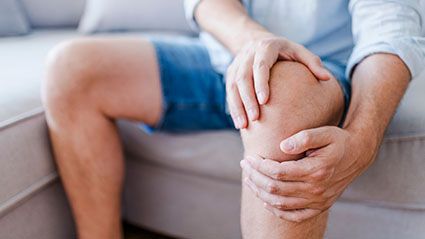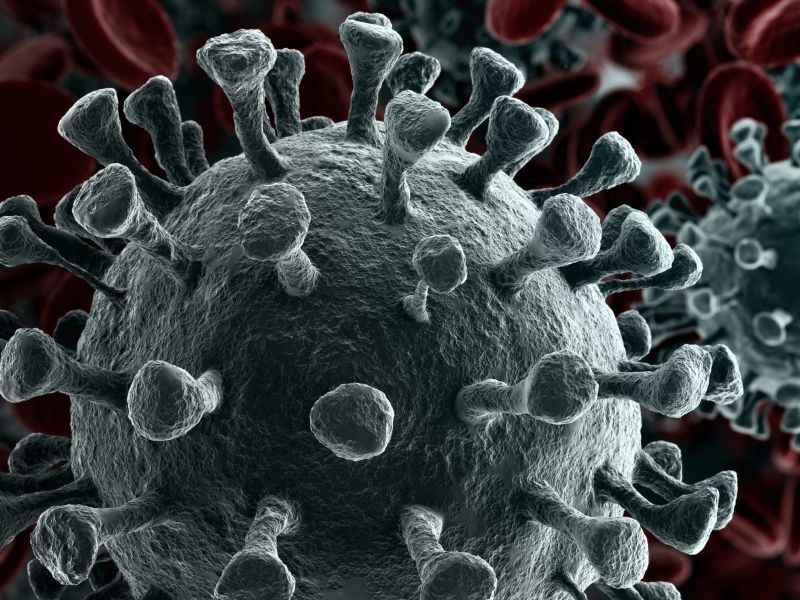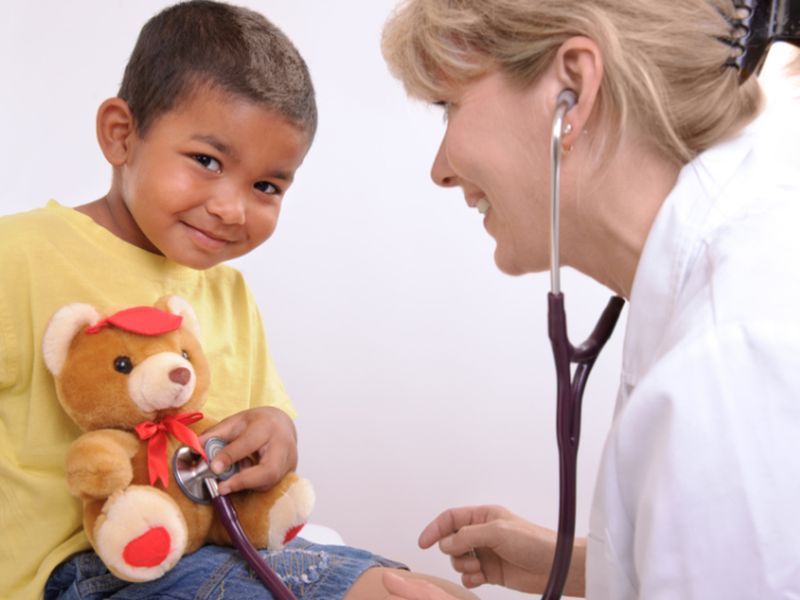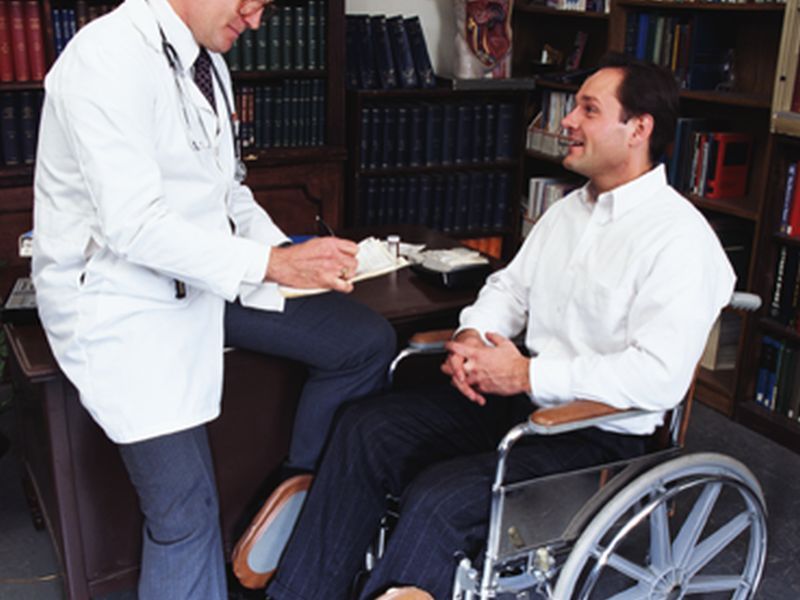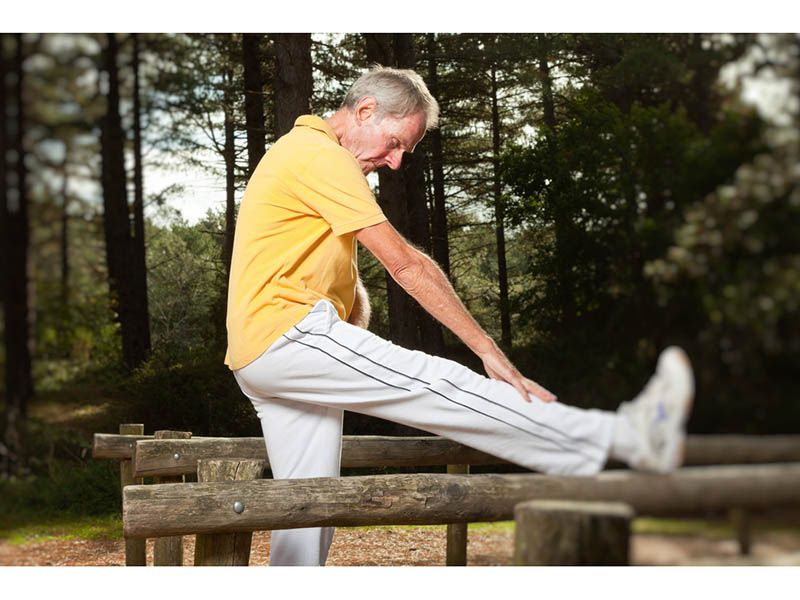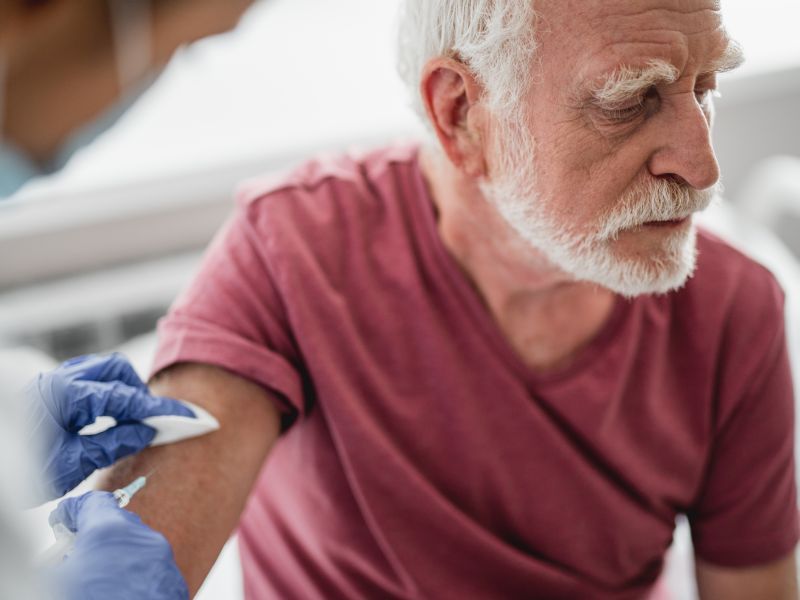
MONDAY, Feb.1, 2021As America’s vaccination campaign begins to gain momentum, a promising sign has emerged: Federal data shows that coronavirus cases in nursing homes have declined over the past four weeks. The country recorded 17,584 cases in nursing homes during the week ending Jan. 17, The New York Times reported. A month earlier, during the… read on > read on >










